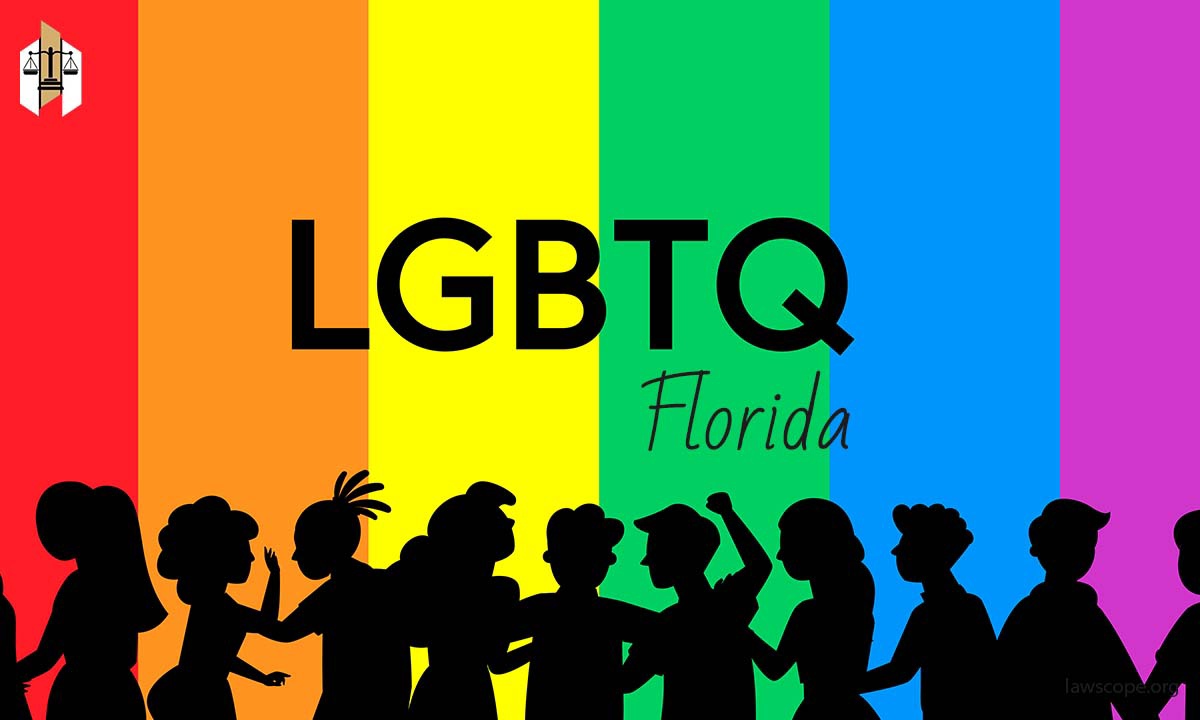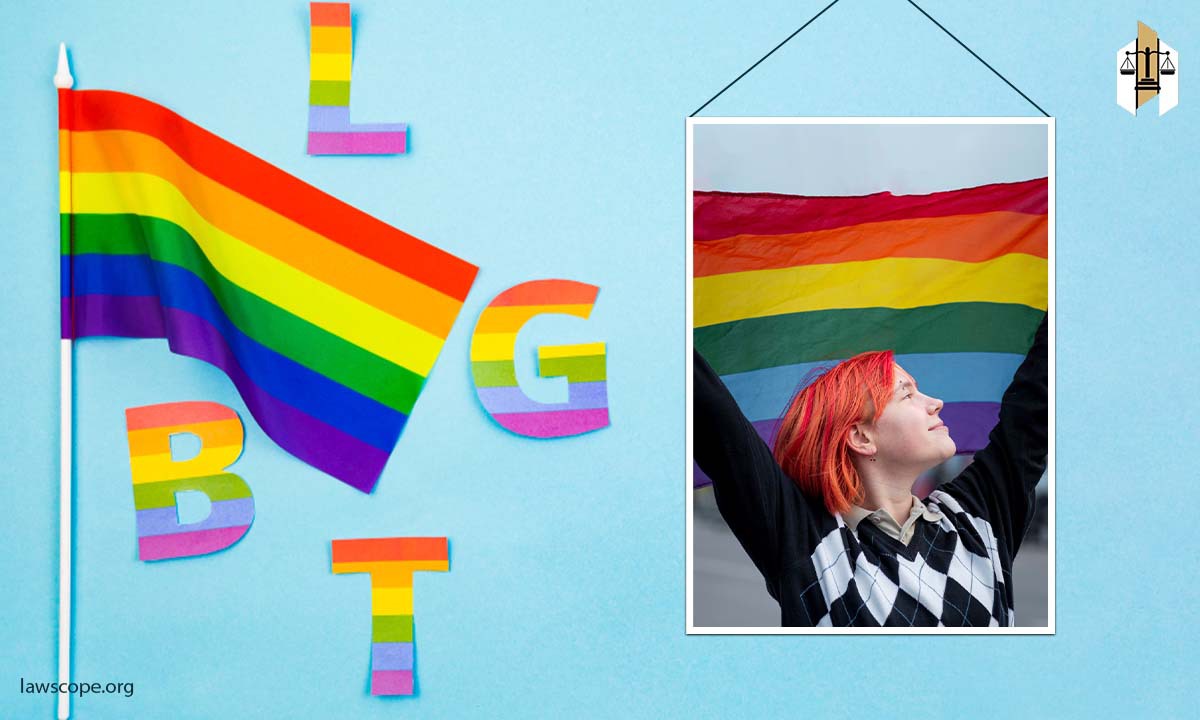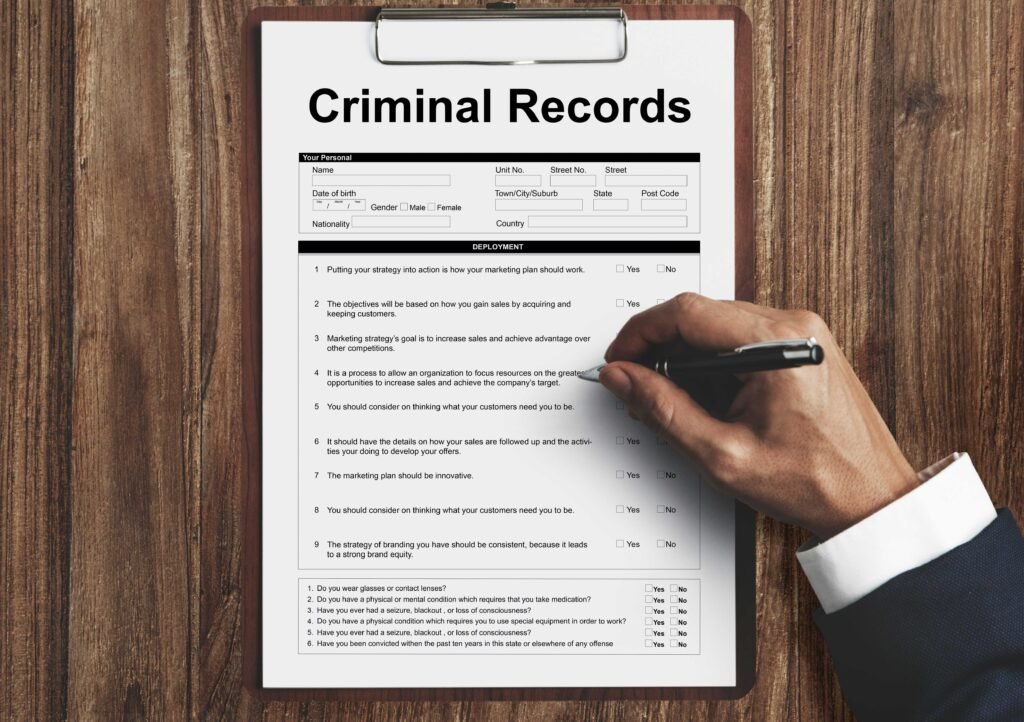
Not only is the recent tsunami of anti-legalist legislation in Florida an incredible display of this country’s ongoing problems with equality and inclusion, but it also sends shockwaves across the nation. Far-reaching legal issues, including being barred from adoption, participation in sports, and general representation in public and governmental areas, all beg further consideration. From restricting in-class discussions on sexual orientation and gender identity to now banning gender-affirming care for transgender youth, Florida anti LGBTQ laws go overboard in every possible way to harm the community.
Herein, we analyze all the legal intrigueries around the two controversial laws, testing their constitutionality, the possible challenges that can bring them down, and the larger social ramifications.
This article tries to train our view directly on the effects of Florida LGBT law or legislative agenda through the lens of legal experts, advocates, and affected individuals.
Florida Anti LGBTQ Laws: What It Means To The Rainbow Communities

Florida Governor Ron DeSantis is under The Human Rights Campaign’s criticism after signing six bills that limit LGBTQ+ rights and also limit what he termed as “indoctrination” on teaching healthcare and academic freedom from being advocated.
DeSantis hasn’t signed a sixth Desantis gay marriage bill, SB 170, which would make it harder for cities to pass non-discrimination ordinances and make it easier to challenge ordinances in court.
Is Florida gay friendly?
Well, let’s get to the laws to understand that. Here are a couple of Florida anti LGBTQ laws –
HB 1069 / Don’t Say LGBTQ+ Expansion Bill
HB 1069 purports to fully erase transgender and non-binary students from the curriculum, banning instruction on sexual orientation and gender identity throughout Pre-K-8th grade, creating a wholly anti-LGBTQ+ definition of sex and promoting discrimination based on reproductive function, and forcing school staff and its students to deadname and misgender one another.
In a further disgraceful move in April, the Florida Board of Education voted to expand the same bill to apply to all grade levels; the piece of legislation, with the ghastly moniker “Don’t Say LGBTQ+,” was enacted in 2022.
SB 254 / Ban Of Extreme Gender-Affirming Care
SB 254 is designed with a mean-spirited focus on the health care providers and their licenses while denying Medicaid from covering health care for the mentioned categories.
It also prohibits the spending of public funds on benefits that include gender-affirming care for persons whose sex might be inconsistent with their gender identity regardless of the age of the person.
The bill also allows Florida family courts to rely on gender-affirming care or its “risk” to a child to set aside the determination of another state. This bill holds contempt towards the United States Constitution and hence the rule of law.
HB 1521 / Anti-Trans Bathroom Bill
HB 1521 makes the use of the restroom by transgender a crime. The bill continues to outlaw gender-inclusive facilities for restrooms and changes in the jail system, schools, public shelters, and health facilities.
SB 266 / MAGA Takeover of Higher Ed Bill
SB 266 doubles down on Gov. DeSantis’s attacks on academic freedom. The bill would authorize the state’s Board of Governors to order universities to eliminate programs, majors, and minors focused on critical race theory and gender studies and would deny spending to support those programs or activities.
SB 1580 / License to Discriminate in Healthcare
That could, in their words, mean that a healthcare provider or insurance company can deny care to a patient based on their religious, moral, or ethical beliefs.
It gives a license to discriminate, according to them, allowing healthcare employers the latitude to discriminate in hiring and prohibiting Medical Boards from disciplining doctors who propagate disinformation.
Florida’s Latest Anti-Gay Legislation Aims To Restrict And Penalize Protected Free Speech

Florida legislators filed nearly 20 anti-gay or anti-trans bills.
One of them is SB 1780, which would treat calling someone homophobic, transphobic, racist, or sexist as though it were defamation and a crime punishable by at least a $35,000 fine.
Critics state that the bill represents a broader, more conservative plan to silence criticism of racist, sexist, and homophobic behavior.
Similar bills were finally enacted after lawmakers scaled back language to make the bills somewhat less extreme than the ones vetoed initially.
The approval of SB 1780 would produce the most far-reaching consequences for free speech, almost making it an impossible task to prove accusations of racism, sexism, homophobia, and transphobia against the victim of such discriminatory statements, and turning the tables on the victim by making them responsible for damages to the offender.
In all likelihood, that would intimidate others from coming forward, thus making it functionally impossible for there ever to be a prosecution in a case of this nature.
Bill 1780 will also affect journalists as it removes the provision that allows reporters to keep sources unknown to save them from being sued.
Similar bills have made it easier to sue journalists, including HB 991, which passed the Civil Justice Subcommittee last year.
Florida Anti-LGBTQ Laws And Impact On Educators

With extreme anti-LGBTQ+ education laws, Florida and Kentucky are beginning to grapple with profound teacher shortages and turnover.
Transgender teacher Nick Clarkson submitted his resignation from the New College of Florida in protest when the institution decided to do away with the gender studies program.
The only states where classroom instruction that includes material using sexual orientation or gender identity is prohibited—at least through 12th grade—are Florida and Kentucky.
As some advocates see them, the most radical laws in the country, more educators are leaving because of the political climate.
Further, it forbids students from learning gender identity or sexual orientation, including the use of restrooms and locker rooms that do not match the student’s sex assigned at birth, further requiring the education pertaining to human sexuality and development for fifth-grade students—all forbidden by law in Kentucky.
This law is going not to mean the emotional cost to the LGBTQ+ teachers of Florida in its implementation; since their implementation is not compensatory.
When one walks into Michael Woods’ classroom, a 30-year-old Florida school teacher, he keeps a rainbow flag around to remind the students that he is the same person whom they knew before they were born, to live with the ever-tightening hold of anti-LGBTQ+ school laws around the country.
Florida’s anti-LGBTQ+ laws at the moment have furthered the existing teacher shortages, and it’s now become a boiling pot for educators in this state.
Florida’s state board is considering a policy that would make it a fireable offense if trans university employees use a restroom matching their gender identity.
The appointment is set to go through a confirmation process before the state legislature and is bound to attract political backlash.
Final Thoughts
As Florida anti LGBTQ laws continue to duke it out in court and atop public discourse, some of the provisions therein are beginning to come out with far-reaching effects that could involve many more people and many more situations than would be obviously the case.
People, however, should be very cautious and firm in securing justice and equity for all, though it would not be an easy path.
Perhaps through open discussion, education, and support of the people such legislation directly affects, Florida can prevent laws such as these from poisoning the state’s progress.
The fight for LGBTQ rights is an ongoing journey, and through perseverance and unity, positive change is possible.
You May Like Also:

